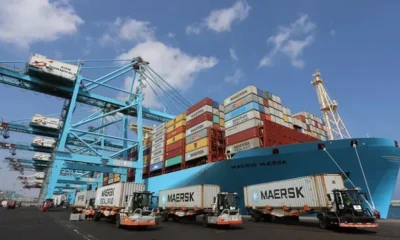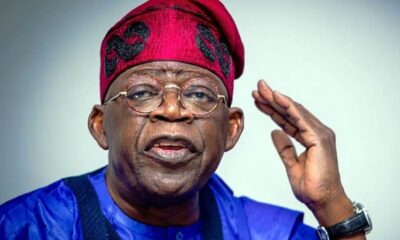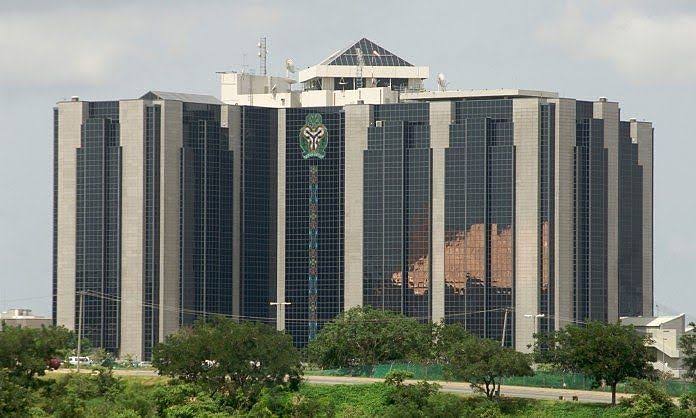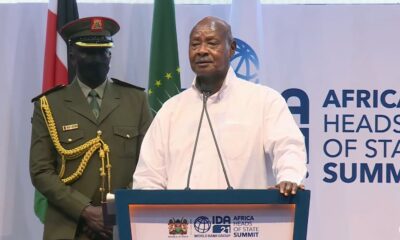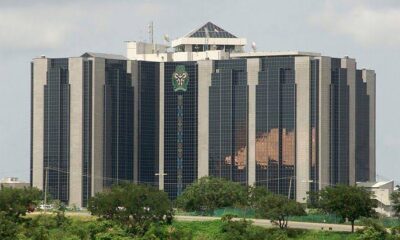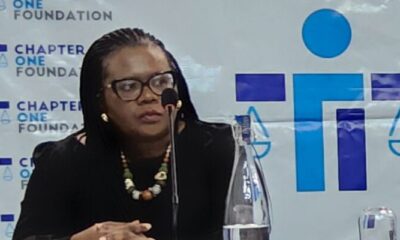The Nigerian government claims it is working on policies that will strengthen the Naira amid devaluation of the currency.
Special Adviser to the President Tinubu on Economic Matters, Dr Tope Fasua claimed that there had been a steady rise in the value of the naira in the past few days, noting that the trend was not expected to continue as a result of policies being implemented by the government.
Fasua stressed that the rise in the value of the currency of a country was a sign of victory. He said: “When you want to destroy a country, destroy its currency first.”
He also cautioned currency speculators, stating that the policies being rolled out by the Central Bank of Nigeria and the government led by the President would shock some of them as the Naira was bound to improve in value.
“For those who are speculating and praying and wishing that the currency would become nonsense, I believe
“You need to listen to the agenda from the man himself (Tinubu) and you will see that the level at which he is thinking is far ahead of most of us.
“You know, he has some very great ideas coming up. Some of them are what you’ve seen reversing the fall in the value of the naira, but he has also challenged us to review forward many of the targets, for example, the idea that Nigeria’s economy will get to a trillion dollars. He wants to achieve it by 2026.
“Some people thought the naira will continue to lose value. Of course, we can already see what’s going on and who knows, maybe the naira will strengthen even further to maybe something 500 or 600. I’m beginning to see some of those”, he said.
Since the official Investors and Exporters window of the foreign exchange market opened in June 2023, the Central Bank of Nigeria instructed Deposit Money Banks to eliminate the rate cap on the naira and permit the currency to freely float against the dollar and other major world currencies.
The naira has since officially declined from N473.83 to about 800, and as high as N1,300 at the black market as a result of the growing gap between the parallel and official exchange rates of the naira. The rates have continued to experience volatility.
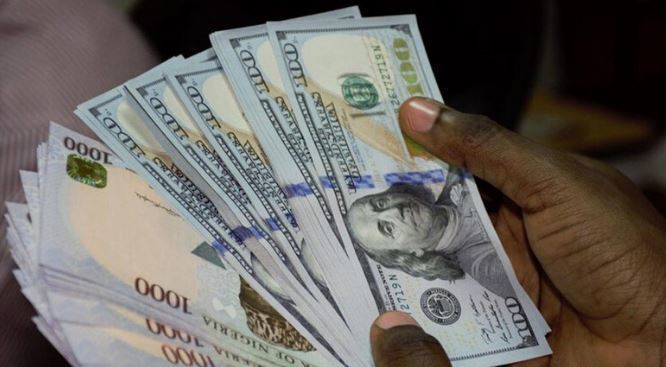

 VenturesNow1 day ago
VenturesNow1 day ago
 Tech22 hours ago
Tech22 hours ago
 Sports23 hours ago
Sports23 hours ago
 Culture23 hours ago
Culture23 hours ago



